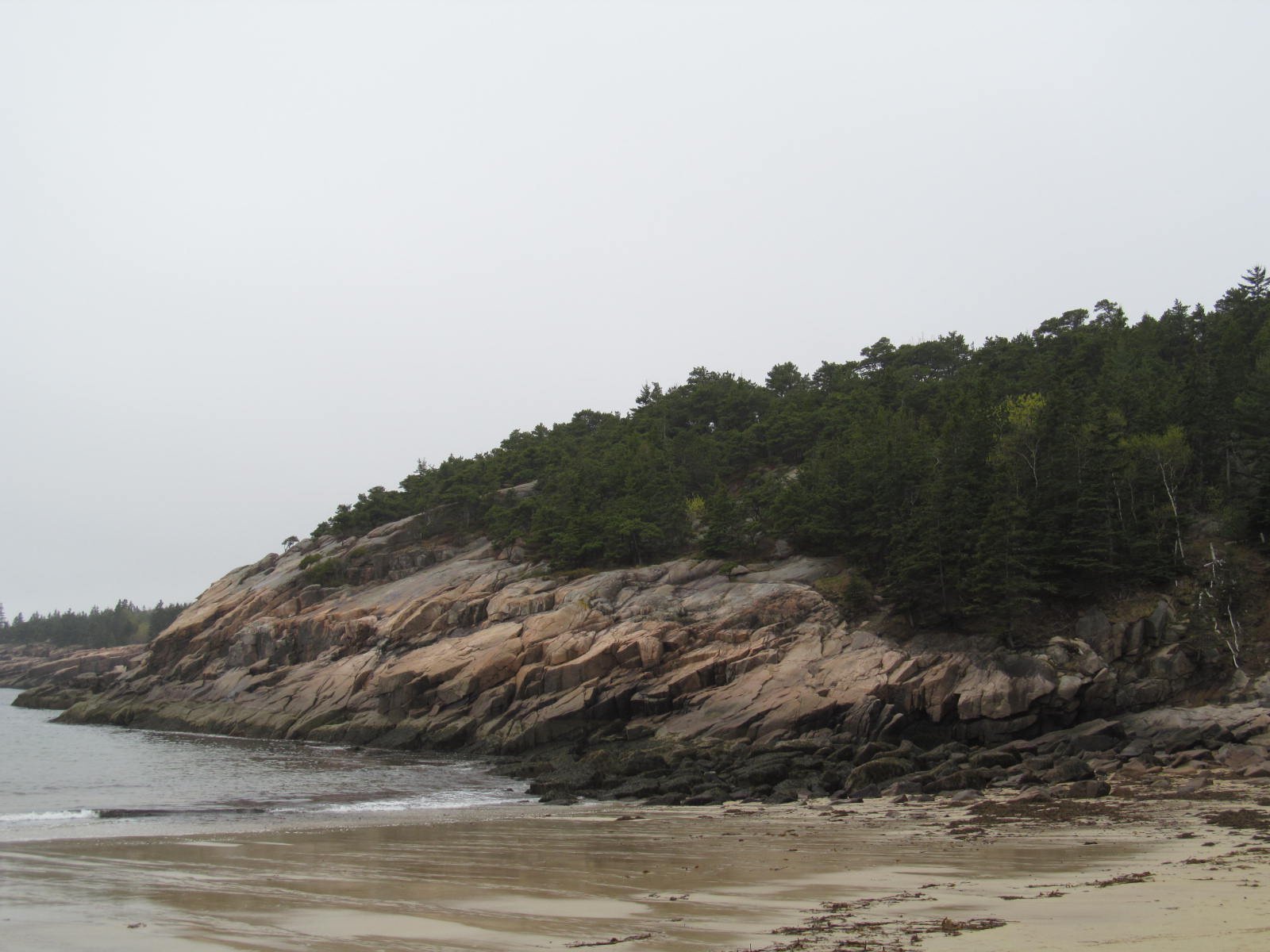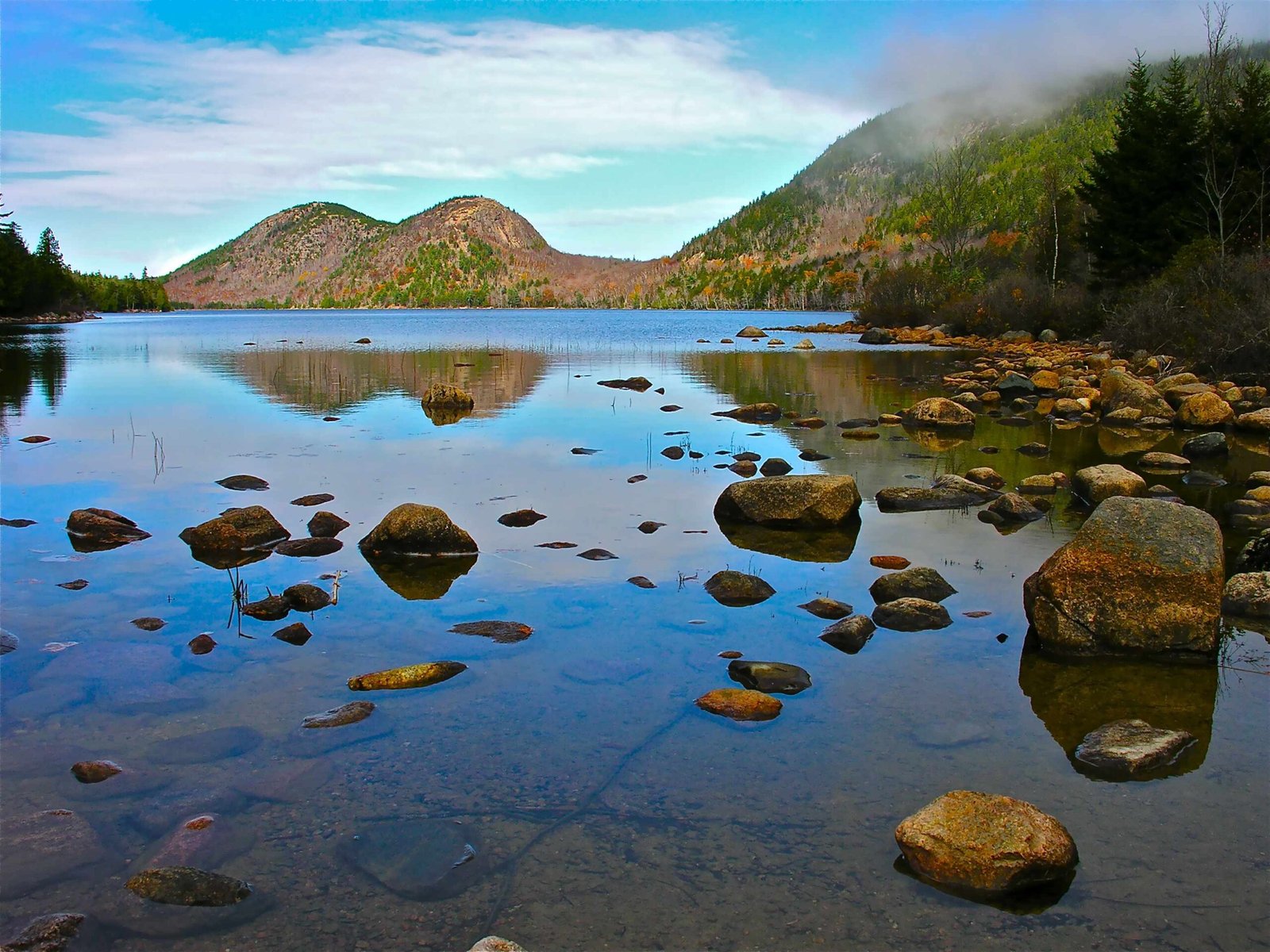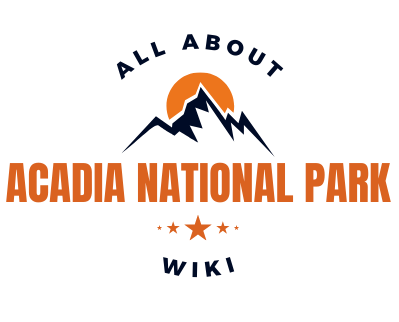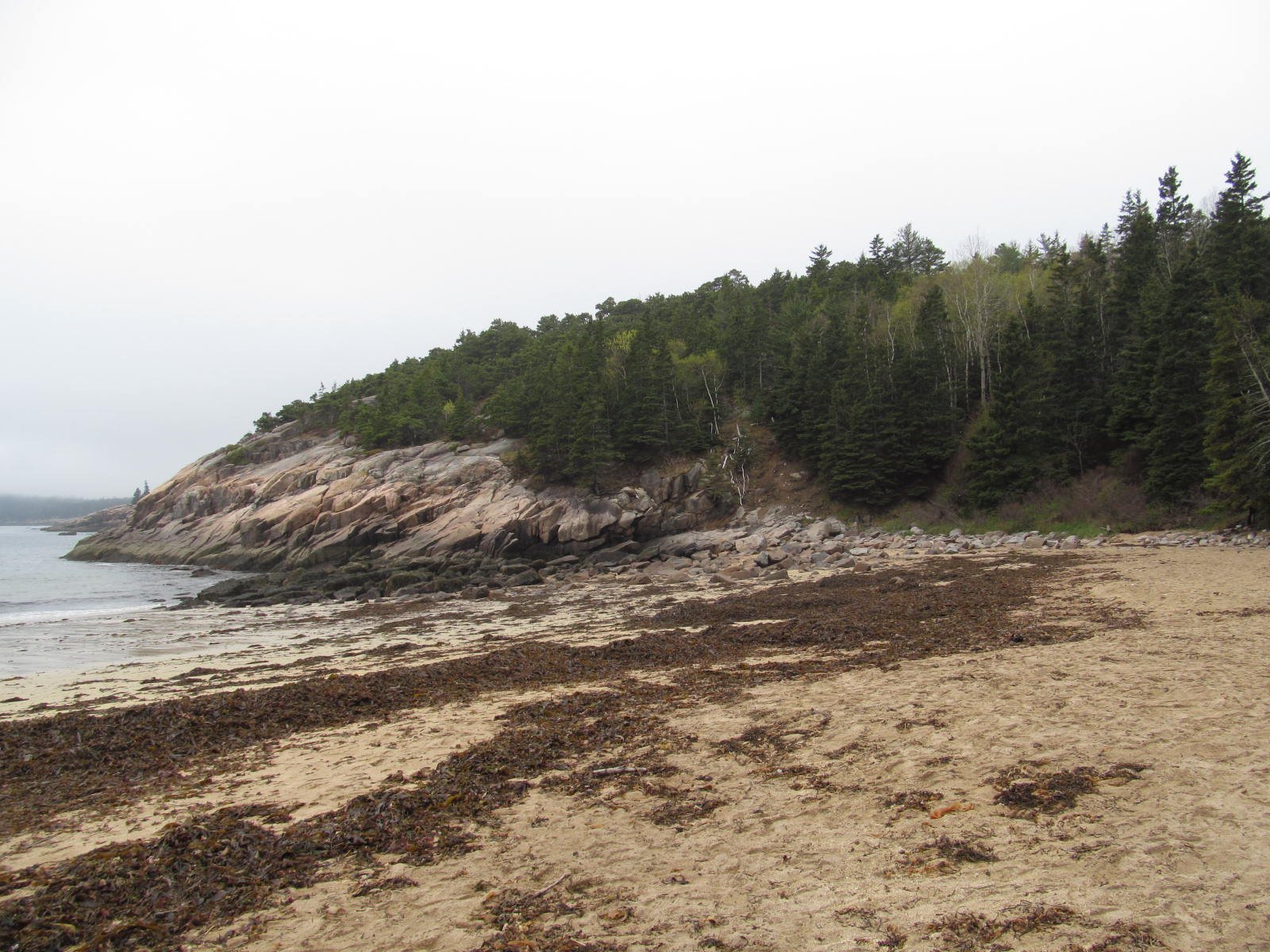Acadia National Park, located on Maine’s rugged coast, offers breathtaking landscapes, diverse wildlife, and numerous outdoor activities. This free travel guide provides essential information on navigating the park, best hiking trails, free activities, and downloadable maps. Whether you’re planning a day trip or an extended stay, this comprehensive guide will help you make the most of your visit to Acadia National Park without breaking the bank.
What Are the Key Points for Navigating Acadia National Park?

Park Entrances and Parking
Acadia National Park has several entrances, including:
- Hulls Cove Visitor Center
- Sieur de Monts Spring Nature Center
- Sand Beach Entrance Station
- Stanley Brook
- Eagle Lake Road
Parking can be challenging at popular spots, especially during peak season. To avoid parking hassles, consider using the free Island Explorer shuttle bus, which operates from mid-June to mid-October.
Hours of Operation
- The park is open year-round
- Park Loop Road and most visitor facilities: Late April to early November
- Cadillac Summit Road: Timed-entry reservation system from April to October ($6 fee per vehicle)
Seasonal Considerations
| Season | Considerations |
|---|---|
| Peak (June-October) | Crowds, potential delays, reservations recommended |
| Winter | Limited access, cross-country skiing and snowshoeing available |
What Are the Best Free Hiking Trails in Acadia National Park?

- Ocean Path Trail
- Length: 2 miles
- Difficulty: Easy
- Time: 1-2 hours
-
Highlights: Thunder Hole, Otter Cliff
- Length: 3.4 miles
- Difficulty: Easy to Moderate
- Time: 2-3 hours
-
Highlights: Jordan Pond, Jordan Pond House
-
Beehive Loop Trail
- Length: 1.4 miles
- Difficulty: Moderate to Strenuous
- Time: 2-3 hours
-
Highlights: Iron rungs and ladders, ocean views
-
Ship Harbor Nature Trail
- Length: 1.8 miles
- Difficulty: Easy
- Time: 1-2 hours
- Highlights: Ship Harbor, coastal forests
What Free Activities Are Available in Acadia National Park?
Picnicking
Enjoy a meal surrounded by nature at one of the park’s many picnic areas, including:
- Jordan Pond
- Thunder Hole
- Various locations along Park Loop Road
Wildlife Viewing
Popular spots for wildlife and birdwatching include:
- Otter Point
- Thompson Island
- Schoodic Peninsula
- Isle au Haut
Over 300 species of birds call Acadia home, making it a paradise for bird enthusiasts.
Ranger-Led Programs
Participate in free ranger-led activities such as:
- Nature walks
- Birding tours
- Educational programs
Check the park’s schedule at visitor centers or on the official website for program details and registration information.
Seasonal Events
During summer months, the park hosts various free events:
- Outdoor concerts
- Nature festivals
- Star-gazing nights
Consult the park’s calendar for specific dates and times of these events.
How Can I Download a Free Acadia National Park Map?
Official Resources
To download a free map of Acadia National Park:
- Visit the official National Park Service website
- Navigate to the \”Plan Your Visit\” section
- Look for downloadable maps and brochures
Using the Map Effectively
- Use the map to navigate Park Loop Road, carriage roads, and hiking trails
- Locate key points of interest, visitor centers, picnic areas, and restrooms
- Combine map information with the Island Explorer bus schedule for efficient trip planning
Key Points of Interest
The map highlights major attractions such as:
- Cadillac Mountain
- Thunder Hole
- Sand Beach
- Jordan Pond House
- Campgrounds
- Ranger stations
- Lighthouses
By utilizing this free Acadia National Park travel guide, you can plan an unforgettable and budget-friendly adventure in one of America’s most beautiful national parks. Remember to respect the park’s natural resources and follow Leave No Trace principles to preserve its beauty for future generations.

